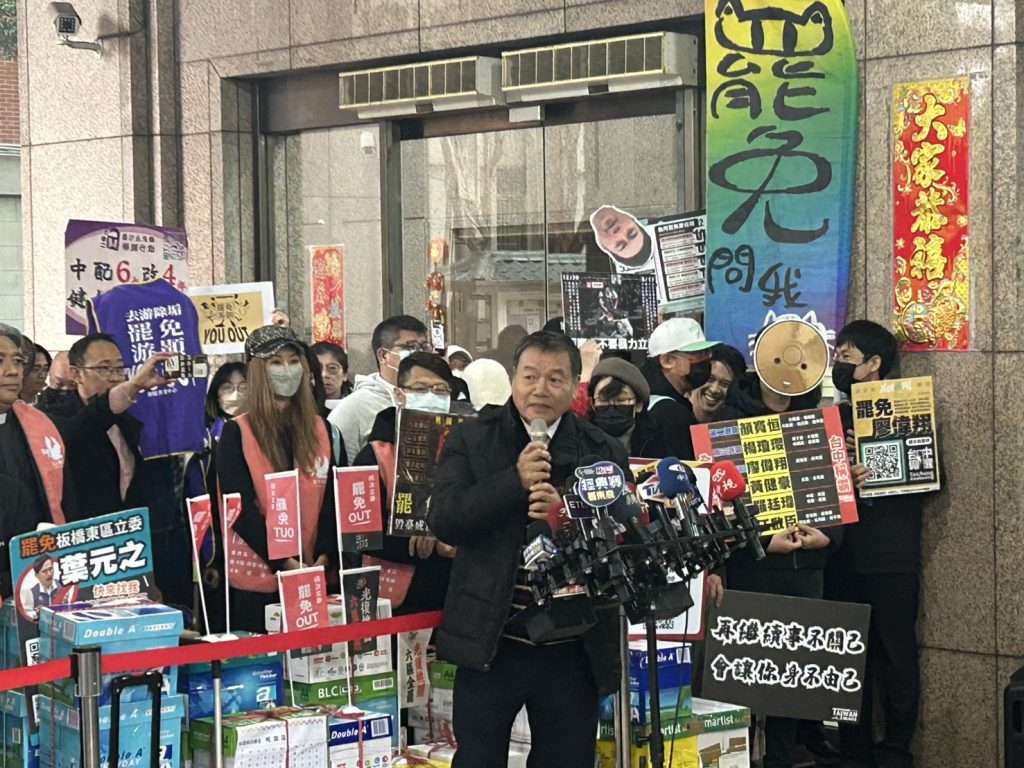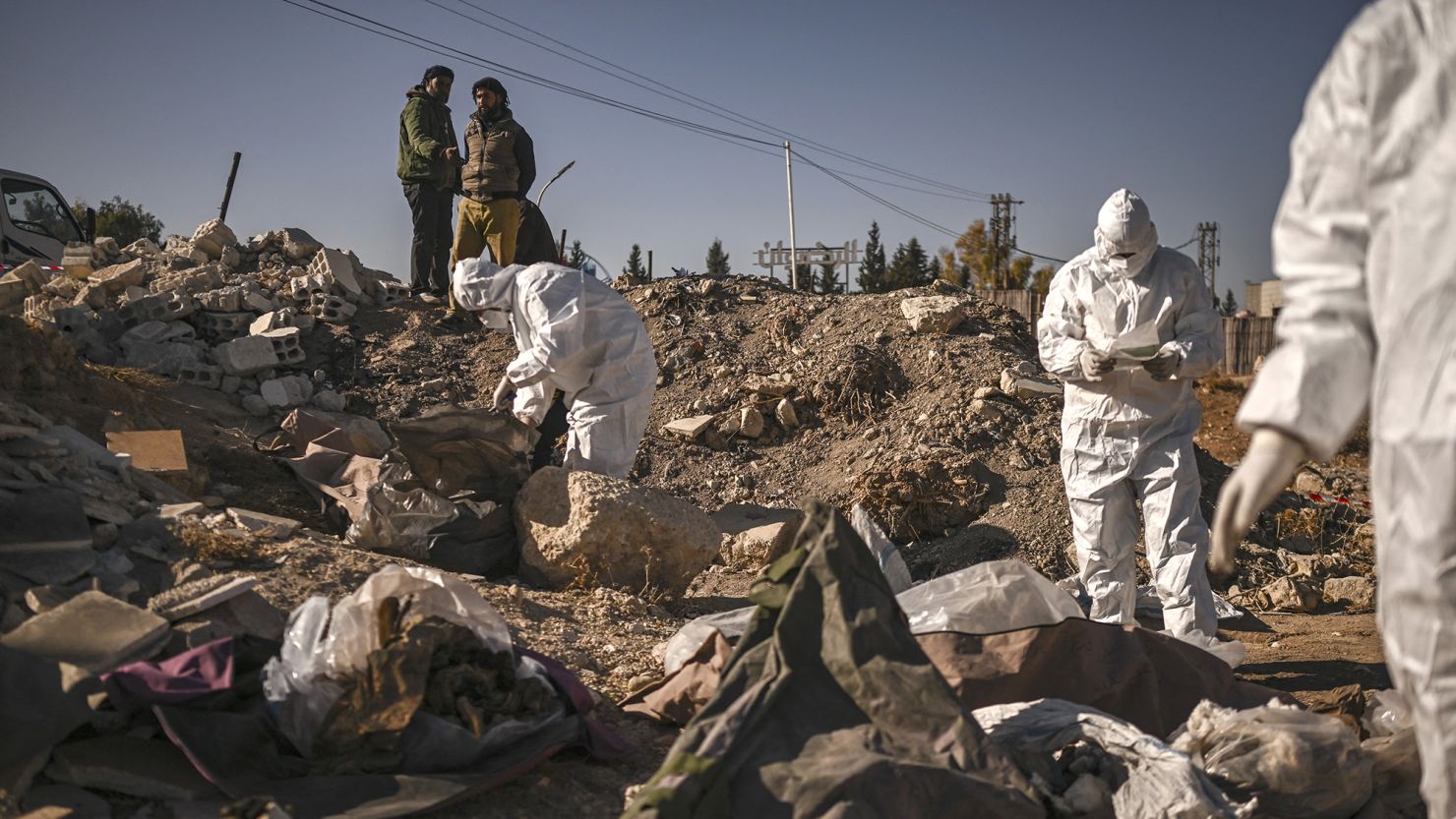Taiwan’s recall election fails to oust ‘pro-China’ lawmakers

Taiwan’s opposition lawmakers survived the island’s largest-ever recall election, held on July 26th, following a recent mass campaign against pro-China influence, as reported by Reuters on July 27th. Civic groups supporting the campaign hoped for the recall to send signals to China, but its opponents have labelled it an assault on Taiwan’s democracy.
The recall vote was targeted at one-fifth of the island’s legislative seats. 24 lawmakers of the largest opposition party, the Kuomintang or KMT, retained their seats.
The result is a major defeat for President Lai Ching-te’s ruling Democratic Progressive Party (DPP), which attempted to regain its legislative majority that it lost back in 2024.
The government, which supported the campaign, claimed that the recall vote was riddled by “unprecedented” election interference by China. Taiwan asserts its democratically governed territory as sovereign, in contrast to Beijing’s historical claim that the island is part of China.
Since 2o24, the centre-right KMT, with its traditional ties to Chinese unification, has overridden the DPP’s agenda by passing laws and implementing budget cuts that are opposed to the government’s aim of boosting defence spending.
KMT Chairman Eric Chu expressed appreciation to Taiwan’s voters and called for President Lai to consider his own governance instead.
“One should not lose the elections and then call for malicious recalls. One should not seek one-party dominance and destroy democracy,” he stated in a press conference held at his party’s headquarters in Taipei. He added, “Most importantly, the people of Taiwan chose stability and chose a government that gets things done, rather than political infighting.”
China has closely monitored these events as it has escalated military and diplomatic pressure campaigns against Taiwan’s national sovereignty. China’s Taiwan Affairs Office and state media have frequently commented on the vote and allegedly used some of the “same talking points” as the KMT against Lai, who has offered talks with Beijing. China has rejected these talks and calls Lai a “separatist”.
The Taiwan Affairs Office said in a recent statement that the results of elections prove that “the DPP’s political manipulation is completely contrary to the people’s will and is unpopular”. The government said on 23rd July that China is “clearly” trying to interfere in its democracy against the opinion of the Taiwanese people.
China’s growing regional influence and assertiveness towards unification have been criticised by Taiwan’s strategic partners, such as the US.
Meanwhile, the chief executive of the DPP’s legislative caucus, Wu Szu-Yao, said that her party welcomed the voters’ decision in the recall vote to reporters at party headquarters. She later claimed that the result would only embolden the DPP’s “anti-communist and pro-Taiwan” position against a China that “was trying everything it could to intervene” with its military pressure and disinformation campaigns.
The KMT has branded Lai’s government as a “dictatorship” and “green terror”, referring to the DPP’s party colour. This term has been used regularly in Taiwanese politics by the KMT as well as by Beijing to characterise the DPP and its ‘authoritarian-style’ policies. This is also an allusion to the ‘White Terror,’ a period of political repression under martial law by the anti-communist KMT, which lasted until the party began democratic reforms in 1987.
Groups that led the recall campaign said that theirs was an “anti-communist” movement, accusing the KMT of betraying Taiwan by sending its lawmakers to China, not supporting defence spending and deliberately causing political deadlock. The KMT rejects all of these accusations.
The KMT and other opposition parties initiated a counter-movement against the recall campaign, branding it “malicious” as it was an opportunistic movement aimed at subverting the results of the 2024 legislative elections. The party also countered allegations of pro-Chinese influence, stating that they have simply maintained open lines of communication with Beijing and carried out lawful oversight of Lai’s government.
Another recall vote for seven other KMT lawmakers has been scheduled for August 23rd.
Reuters, Maghrebi.org
Want to chase the pulse of North Africa?
Subscribe to receive our FREE weekly PDF magazine










